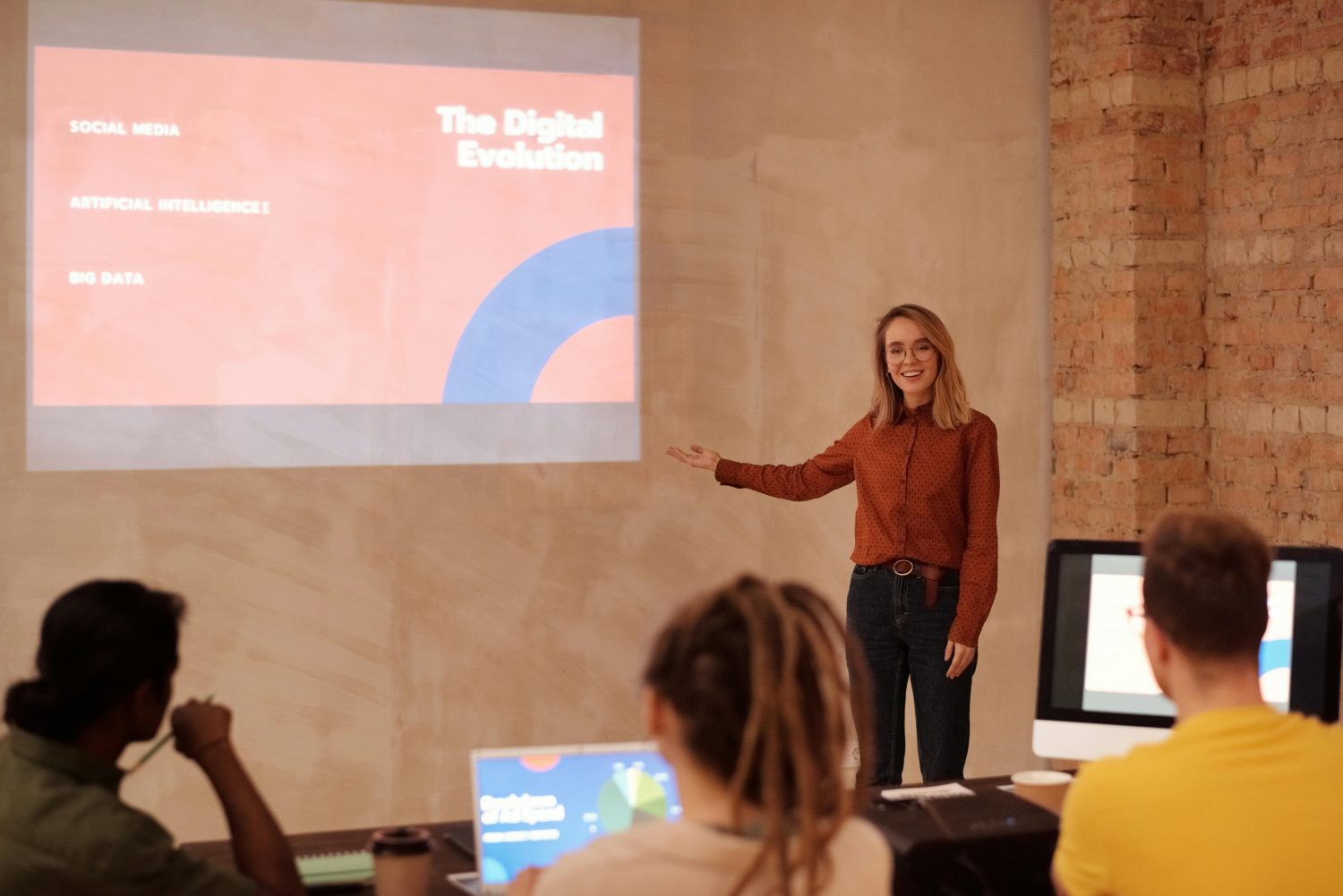In this week’s AI news roundup, we explore significant advancements in artificial intelligence that are paving the way for a more agentic future. From OpenAI’s new GPT-4 Turbo model to innovative applications like Replit Agent, we’re witnessing a shift towards AI tools that can think, reason, and make decisions on our behalf.
OpenAI’s GPT-4 Turbo: A Leap Towards Agentic AI
OpenAI has released its latest model, GPT-4 Turbo (also known as GPT-4 1106), which represents a significant step forward in multi-step reasoning capabilities. This new model is designed to handle complex tasks that require deeper thought processes and decision-making abilities.
Key points about GPT-4 Turbo:
- Available to ChatGPT Plus and Enterprise users
- Limited to 30 messages per week on the preview model and 50 messages on the GPT-4 Turbo model
- Demonstrates improved logical reasoning and software architecture planning
- Can consider business implications when generating solutions
To make the most of your limited messages with GPT-4 Turbo, consider starting conversations with the standard GPT-4 model and switching to Turbo for more complex queries or when you need enhanced reasoning capabilities.
Replit Agent: Accessible AI-Powered Development
Replit Agent is an AI-powered tool that can design and build entire software architectures and applications. It represents a significant advancement in code generation and software development assistance.
Notable features and use cases of Replit Agent include:
- Building internal tools and prototypes quickly
- Creating color palette extractors from images
- Developing location-based apps (e.g., mapping gluten-free restaurants)
- Generating custom Stripe coupon codes
- Building character chatbot websites
While Replit Agent currently uses GPT-4 as its underlying model, the potential integration of GPT-4 Turbo could significantly enhance its capabilities in the near future.
Google’s AI-Powered Tools: Illuminate and Notebook LM
Google has introduced two experimental AI applications that are gaining attention for their potential to revolutionize content consumption and research:
Illuminate
Illuminate is an AI tool that converts academic papers into podcast-like audio content. It excels at summarizing long and technical papers, making complex information more accessible.
Notebook LM
Notebook LM is a research environment that allows users to:
- Add various sources (links, text, documents) up to 50 items
- Interact with the collected information using an AI chatbot
- Generate audio summaries of uploaded content
- Create podcast-like conversations based on the notebook’s contents
Both tools are powered by Google’s Gemini 1.5 Pro, which boasts an impressive 2 million token context window.
AI-Powered Photo and Video Search
Both Apple and Google are rolling out advanced AI-powered search capabilities for photos and videos on smartphones. This feature allows users to search for specific content within their media libraries based on descriptions of people, objects, or actions.
Key points:
- Search through photos and videos by content, not just metadata
- Available on new Apple devices and rolling out to Google Photos users
- Raises privacy concerns due to the need for AI processing of personal media
Anthropic’s New Workspace Feature
Anthropic has introduced a new workspace feature for developers using their API. This allows for better organization and management of different projects and API keys, similar to OpenAI’s project feature.
Advancements in AI Video Generation
While current AI video generation tools like MiniMax are showing promise in specific areas such as stop-motion animation, the future of AI in video production looks even more promising. Adobe is developing features that could revolutionize video editing workflows, including:
- Generative extend for missing clips
- AI-powered color correction
- Visual effects generation
- Automatic B-roll creation
These advancements suggest that AI tools will soon become an integral part of the filmmaking process across various genres and production scales.
Conclusion
The rapid development of AI tools and technologies continues to reshape various industries and workflows. From advanced language models to specialized applications in research, content creation, and media management, AI is becoming increasingly integrated into our daily lives and professional tasks. As these tools evolve, it’s crucial for users to stay informed about their capabilities and potential applications while also considering the ethical and privacy implications of their use.
Frequently Asked Questions
Q: What is GPT-4 Turbo and how does it differ from previous models?
GPT-4 Turbo is OpenAI’s latest language model that features improved multi-step reasoning capabilities. It can handle more complex tasks, consider business implications, and potentially design entire software architectures, unlike previous models that were more limited in their reasoning abilities.
Q: How can I access GPT-4 Turbo?
GPT-4 Turbo is available to ChatGPT Plus and Enterprise users. However, usage is limited to 30 messages per week on the preview model and 50 messages on the GPT-4 Turbo model.
Q: What is Replit Agent and what can it do?
Replit Agent is an AI-powered development tool that can design and build entire software architectures and applications. It can create internal tools, prototypes, and various types of applications quickly, such as color palette extractors, location-based apps, and custom Stripe coupon generators.
Q: What are Google’s Illuminate and Notebook LM tools?
Illuminate is a tool that converts academic papers into podcast-like audio content. Notebook LM is a research environment that allows users to add various sources, interact with the information using an AI chatbot, and generate audio summaries and podcast-like conversations based on the collected content.
Q: How is AI being integrated into video production workflows?
AI is being integrated into video production through features like generative extend for missing clips, AI-powered color correction, visual effects generation, and automatic B-roll creation. These advancements are expected to become integral parts of the filmmaking process across various genres and production scales in the near future.








